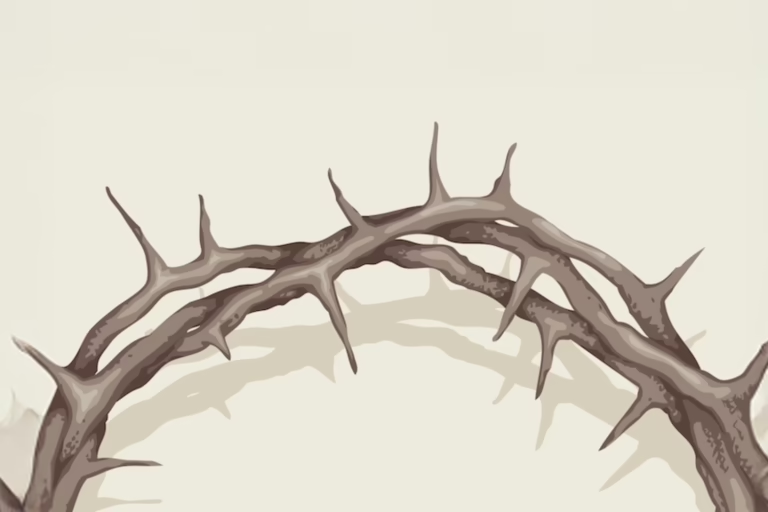Read: Daniel 4:4-9; 19-25; 28-33
The Most High rules the kingdom of men and gives it to whom he will. (v. 25)
Nineteenth-century British politician John Dalberg-Acton is credited with the maxim, “Power tends to corrupt and absolute power corrupts absolutely.” The more power humans have, the less accountable they are for the evil they do.
In the book of Daniel, King Nebuchadnezzar had as much power as was humanly possible. He was indeed corrupt, engaging in the large-scale destruction, displacement, and degradation of countless subjects. Worst of all, he considered it all to be “for the glory of my majesty” (v. 30). He set himself up to rule in God’s place.
I’m often unsettled, even outraged, by the corruption and seemingly unchecked abuses of human authority figures. I wonder, at times, why God doesn’t do more to limit the power of the powerful. In my worst moments, I am tempted to think the best solution is for God to eliminate these problematic power brokers.
However, we all do well to remember three things. First, all authority is God’s authority, and God in his wisdom delegates this authority as he sees fit. Second, God does limit human evil and promises to hold every person accountable. Third, God desires to save everyone—corrupt rulers included! God humbles Nebuchadnezzar, not to remove him but to redeem him. God is just and merciful. We can trust him to rule with justice and mercy, even when our human rulers fall short.
As you pray, ask God to humble—and even redeem—the powerful.
About the Author

Ben Van Arragon
Ben Van Arragon is a preacher and writer based in Grand Rapids, Michigan. He preaches and teaches the Bible in church, online, and anywhere else he has the opportunity.
- Ben Van Arragon#molongui-disabled-link
- Ben Van Arragon#molongui-disabled-link
- Ben Van Arragon#molongui-disabled-link
- Ben Van Arragon#molongui-disabled-link

